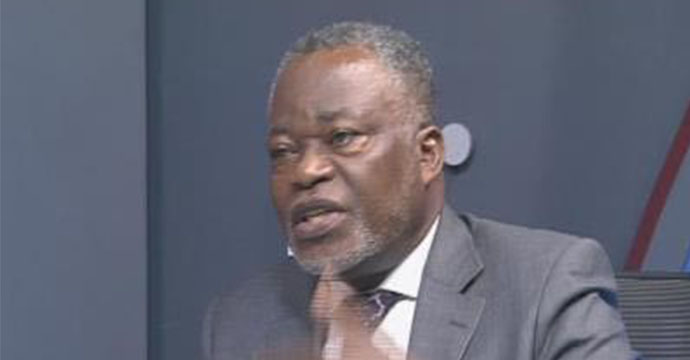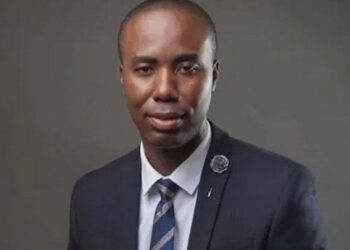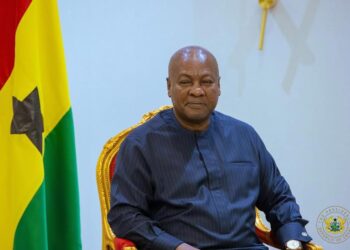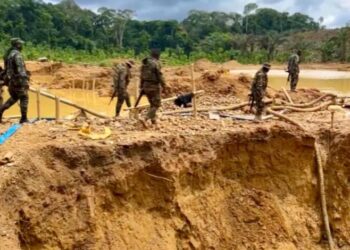Author and consultant Col Fustus Aboagye has said Ghana is not safe from the military overthrows currently happening in some West African countries.
“What is happening in some of these countries could begin to happen here and I want us to pay attention to every Ghanaian,” he reiterated, insisting that currently a lot of Ghanaians were suffering and the behaviour of the political class is not helping.
According to him a critical look at Ghana reveals that the condition that was the reason for coups can be found in Ghana.
“If people in this country cannot be paid, if there is unemployment, why on earth do we have a political class that shuttles around the world in charted plans. For instance, why do we even have to talk about buying a new presidential plane? Why do we have to talk about paying first ladies when many people do not have the means to buy the daily bread to put in their mouths,” he said.
The author said people generally say that Ghana was a prosperous country and the economy was doing well but “it is not as simple as that”.
Col Aboagye, described by colleague senior retired military officers as one of the finest soldiers in his time who almost became a Chief of Defense Staff (CDS), until an unfortunate incident between him and a pregnant woman who had flouted some strict military guidelines, made these remarks on Joy News Newsfile programme.
He said: “when you go into the details you would realize that this so-called prosperity is only for a few – the majority of Ghanaians are poor and we need to be worried because, in a second, emotions could go through the roof.”
Also, he stated that claims that Ghana’s democracy is entrenched were false, saying: “Ghana’s democracy is not entrenched in fact I would argue that it is a veneer”.
This, he said, is evident by the country’s inability to resolve some of the issues that came up during the last general election.
“So, when for instance the president talks about the principle of free, fair and transparent elections. Can Ghanaians really pound their chest and say the last election was free, fair and transparent including even the election of the speaker in parliament, including the processes of voter registrations, can we really say that the election were free, fair and transparent,” he said.
“Have we consummated the outcome of the last election? Why do we have a pocket of Citizens in this country who are disenfranchised – who do not have any representation in parliament?” he queried.
The international conflict resolution expert, charged government to address the socio-economic inequalities to fight terrorism and attacks.
“All of us need to be worried. I belong to the school of thought that you don’t fight terrorism with only guns and bullets. Indeed, it will be more productive to address some of the socio-economic inequalities.”
“I don’t need to be a political scientist or an economist to argue that the Northern part of this country [is] bordering countries that are unstable, where there are gross socio-economic inequalities,” he stated.
“What is going on [in Burkina Faso] is a contagion; forget that the UN Secretary-General called it an epidemic. A contagion can spread in all manner of ways, especially if the conditions are right.
“Although there are some specificities of country context for these military coups, some of them can be found in West African democratic states, including our own.”
He further added: “We could find some of the grievances that have been used by the military in other countries in our own country and, therefore, we need to be very concerned.”
“Corruption is here as in Mali, Guinea, and Burkina Faso.”
He noted that “political influence on the military or security services in those countries is also present in our country.”
There was a military coup in Burkina Faso on Monday due to the deepening anger about President Roch Marc Christian Kabore’s response to violence by armed groups.
The 64-year-old was elected in 2015 following a popular revolt that forced out former President Blaise Compaore.
He was re-elected in 2020. But since last year, he has faced a wave of discontent about armed groups’ attacks that have claimed the lives of about two thousand people and forced a million and a half to flee their homes.
On Sunday, mutinies erupted in several army barracks a day after Police dispersed banned protests.










Discussion about this post